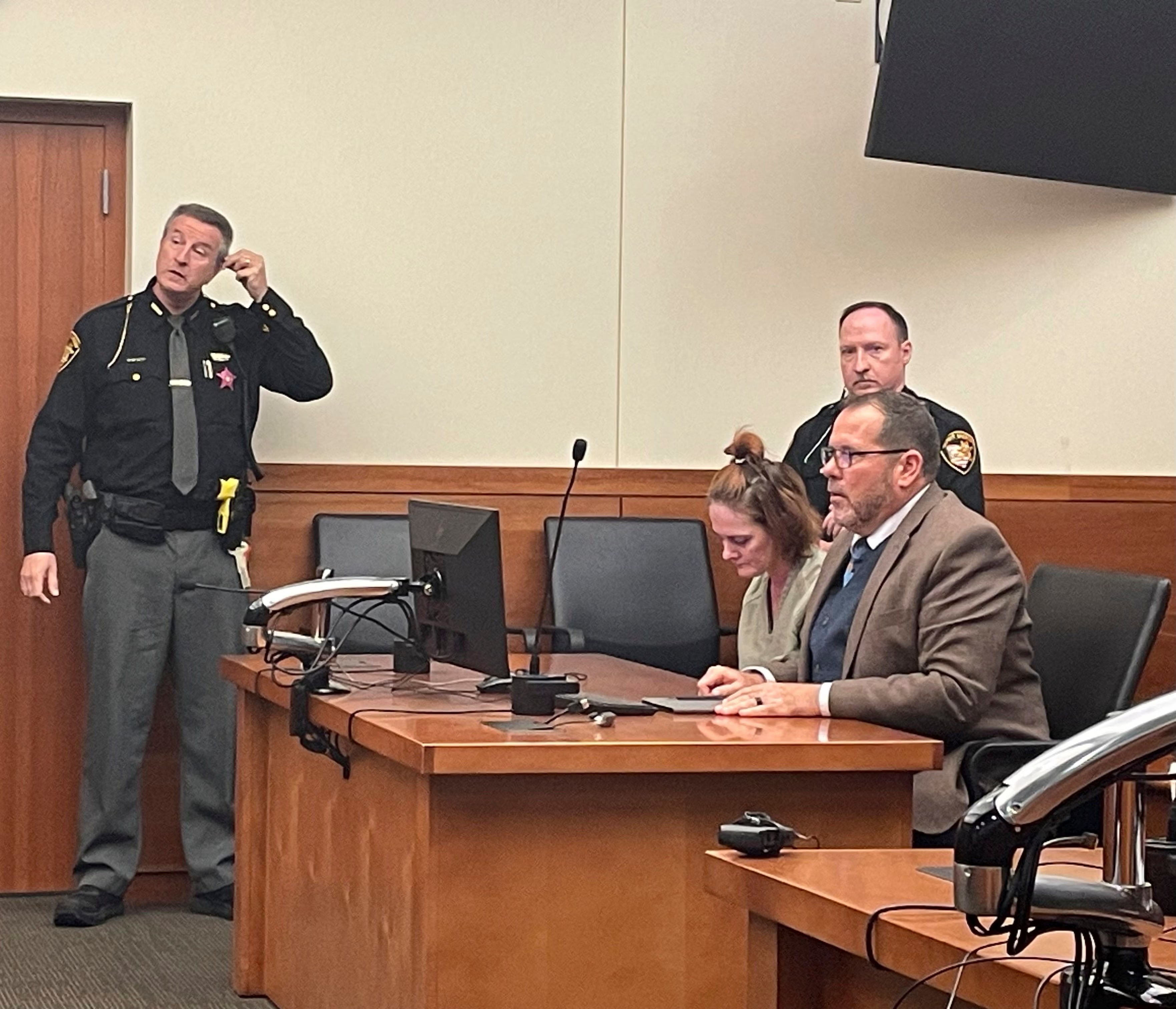On a somber Sunday morning, August 17, 2025, the world bid farewell to Terence Stamp, the iconic British actor whose chiseled features, commanding voice, and unparalleled versatility captivated audiences for over six decades. At the age of 87, Stamp passed away, leaving behind a legacy that stretches from the swinging London of the 1960s to the blockbuster epics of Hollywood and the intimate indie films that showcased his remarkable depth. His family confirmed the news in a heartfelt statement to Reuters, saying, “He leaves behind an extraordinary body of work, both as an actor and as a writer, that will continue to touch and inspire people for years to come. We ask for privacy at this sad time.”
Born on July 22, 1938, in London’s East End, Terence Stamp emerged from humble beginnings, the son of a tugboat stoker and a resilient mother who instilled in him a quiet strength. Growing up in a working-class household during wartime, Stamp was shaped by the grit and determination of his roots. His father, a merchant seaman, was a stoic figure who never fully embraced his son’s artistic ambitions, but Stamp’s resolve only grew stronger. “It was so private for me. I never spoke about it at all,” he recalled in a 2013 interview with the BFI, reflecting on his early dreams of acting. “My dad was probably trying to save me a lot of aggro. He genuinely believed that people like us didn’t do things like that.”
![]()
![]()
![]()
Stamp burst onto the cinematic stage in 1962 with his debut in *Billy Budd*, earning an Academy Award nomination for his haunting portrayal of the titular sailor. His striking looks—those piercing blue eyes and angular cheekbones—made him an instant icon of the 1960s, a symbol of London’s cultural revolution. Films like *The Collector* (1965), where he played a chilling yet delicate kidnapper, and *Far from the Madding Crowd* (1967), where he brought literary gravitas to Thomas Hardy’s tale, showcased his ability to blend intensity with vulnerability. He was a star who didn’t just act—he inhabited his roles, leaving an indelible mark on every frame.
Yet, Stamp’s career was anything but predictable. When the roles slowed in the late 1960s, he didn’t cling to fading stardom. Instead, he embarked on a spiritual journey to India, embracing yoga and introspection. This period of self-discovery sharpened his craft, giving him a quieter, more focused intensity that would define his later work. His triumphant return came in 1978 with the role that would cement his place in pop culture history: General Zod in *Superman* and its 1980 sequel, *Superman II*. With his commanding baritone and icy stare, Stamp turned “Kneel before Zod” into a cultural phenomenon, a line that echoed far beyond the screen. Yet, he refused to be typecast, choosing roles that challenged expectations and showcased his range.
In 1994, Stamp delivered one of his most unforgettable performances as Bernadette in *The Adventures of Priscilla, Queen of the Desert*. His portrayal of a trans woman was a masterclass in dignity and humanity, earning him nominations and a new wave of admiration. “It wasn’t stunt casting; it was soul work,” one critic noted. He continued to surprise, taking on roles in Steven Soderbergh’s *The Limey* (1999), where his weathered intensity carried the film, and in smaller but unforgettable parts in *Star Wars: The Phantom Menace* (1999), *The Adjustment Bureau* (2011), and *Last Night in Soho* (2021). Each performance was a testament to his philosophy of acting: fewer grand gestures, more loaded pauses. By his 80s, Stamp could command a scene with a single glance.
Beyond acting, Stamp was a man of many dimensions. He wrote thoughtfully, penning memoirs that offered glimpses into his contemplative nature. His net worth, estimated at around $10 million in 2025, reflected a career built on steady, deliberate choices rather than blockbuster paychecks. He lived with style but embraced simplicity, a balance that defined both his life and his work. Married to Elizabeth O’Rourke from 2002 to 2008, Stamp remained private about his personal life, though his high-profile romances with Julie Christie and Jean Shrimpton in the 1960s made him a tabloid fixture. His brother, Chris Stamp, a music producer who worked with The Who, shared his knack for leaving a mark on the arts.
No cause of death has been disclosed, and as tributes pour in from fans and colleagues alike, the focus remains on Stamp’s singular presence. Directors praised his craft, actors admired his ability to elevate every scene, and audiences cherished the voice that could make a single word—“Now.” “Please.” “Enough.”—land like a thunderbolt. From his East End roots to the heights of Hollywood, Terence Stamp didn’t just act; he redefined what it meant to be a star. His work, his stillness, his fire will continue to inspire, ensuring that his legacy endures long after the final curtain.



